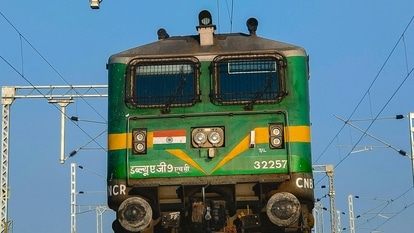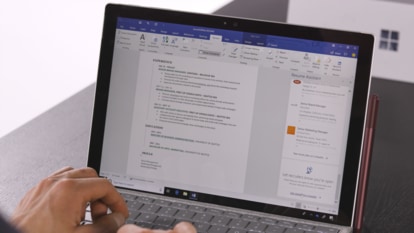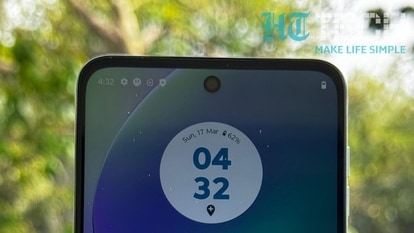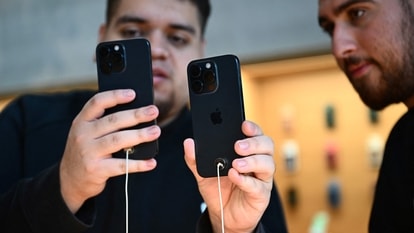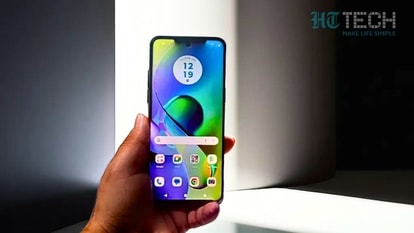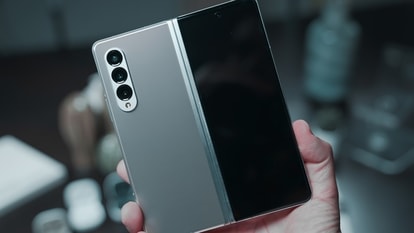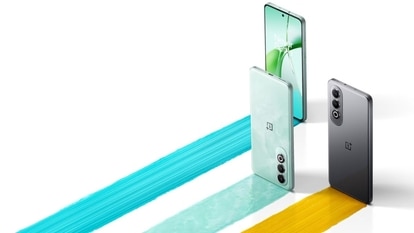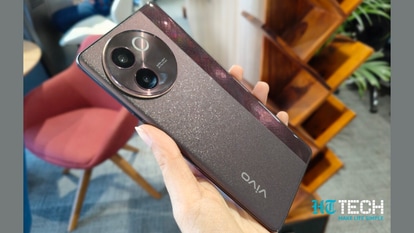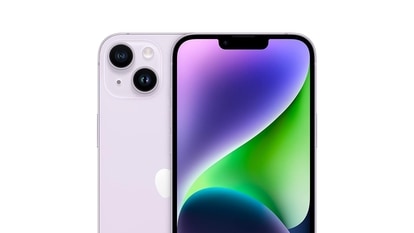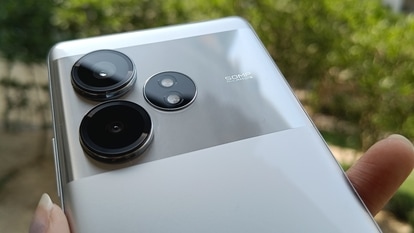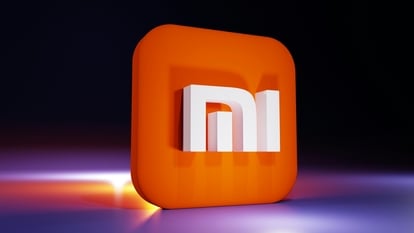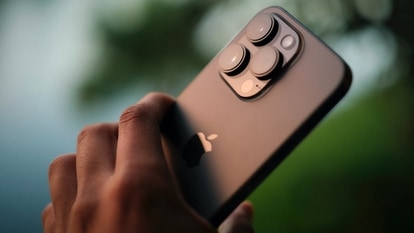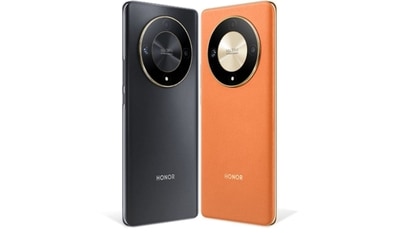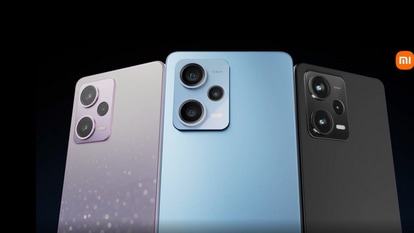Top technology trends in 2017: When future felt closer to present
Let’s look back at the biggest technology trends that left an impact on our lives.

We often think of hardware, such as smartphones, when we talk about the personal technology. Without taking away the value of hardware, personal technology extensively relies on software. This year belonged to software, user experience to be precise, where Artificial Intelligence, Machine Learning, Augmented Reality and Virtual Reality became buzzwords.
All of these technologies, once considered niche, finally came to the masses. And in Indian context, a good chunk of these became available to the masses. Of course, we are yet to reach a stage where everyone's a user of Augmented Reality (AR) or Virtual Reality (VR), but still 2017 was the year when the foundation was laid for them to become mainstream.
So, without further ado, let's look back at the biggest technology trends that left an impact on our lives.
Cyber security
Even as we take giant strides towards building a digital society that leverages cutting-edge technology, security remained the prime concern for the users. Not that it wasn't a concern in corresponding years, but ransomware such as WannaCry exposed our readiness to tackle a major cyber threat.
More than 300,000 users across 150 nations, including India, were affected by the cyber attack. India, in particular, has been one of the worst-hit nations. Shortly after WannaCry, ransomware attacks such as Petya created havoc worldwide. These ransomware attacks have been the much-needed wake-up call for all of us. As we introspect and identify loopholes we must fix, these incidents also call for ramping up our cyber warfare capabilities.
Looking at the brighter side, users are more aware about the online security. And enterprises are being asked questions about the security. Though we haven't achieved a completely secure environment, but there are far more serious efforts towards building one.
Artificial Intelligence
This week Google demonstrated how its future digital assistant can talk to you in a near-human voice. Even though it may sound as a small accomplishment, but it could change the way we interact with our personal communication devices. AI is now being used in variety of sectors, travel, hospitality and of course technology.
Google has shifted its focus from being a mobile-first to an AI-first platform. Its Google Pixel 2 phones heavily rely on AI whereas its products like Google Photos and Google Assistant have grown smarter day by day.
Amazon's Alexa is also a great example of how AI can be optimised for different geographies. Its recently launched Amazon Echo speakers understand Indian accent and even give contextual input based on our preferences. This year we saw Apple launching HomePod, Siri-based speakers whereas Google opened its platform to build an army of Assistant-powered third party speakers.
Satya Nadella recently talked about AI and the importance for their customisation for different individuals. Referring to the company's made in India chatbot Ruuh, Nadella wrote in a post that the AI was able to help change lives of handloom weavers in India.
"What's incredible is that the team discovered how 'Ruuh' can help handloom weavers in rural communities create new economic opportunity by generating design patterns, inputting pictures and colours with the help of neural networks," he wrote.
Sundar Pichai expressed similar sentiments when his company unveiled AI-boosted Google 2 Pixel series earlier this year.
From finding your best selfies to giving you contextual results, AI is getting better at what it does. It's becoming deeply integrated with all kinds of services and that's great news.
Digital payment
After demonetisation drive last year, India rushed to a digital economy. Paytm and UPI became our go to platforms for smaller transactions. From small hawkers in your locality to exchanging money with your friends, we used a variety of digital payment applications.
Before Google launched its Tez payment application, popular apps such as Truecaller and Hike Messenger added payment services. Google recently revealed that its Tez platform saw more than 140 million transactions and more than 12 million monthly active users since its launch in September.
"Once people pay a bill on Tez, they never have to add the billing organization again. Tez will also remind users when certain bills are due. And they can avoid paying the same bill twice, since the payment status will be automatically updated," Caesar Sengupta, VP, Next Billion Users team wrote in a blog post.
Next big push to the digital payment is expected to come from WhatsApp which has been rumoured to be working on a payment feature within the app.
Honourable mentions
Google and Apple both announced dedicated platforms, ARCore and ARKit respectively, to bring AR to the masses. We recently tried out an AR feature on Pixel 2 XL and were impressed with the results, which fluidly merged a virtual item within a real-life environment. Some of the AR apps on Apple have been similarly great.
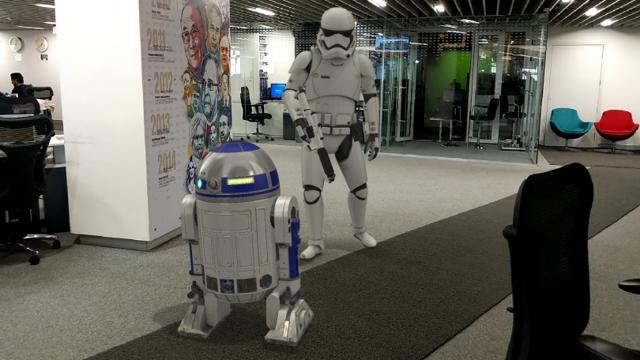

While Virtual Reality became huge in the West, it didn't really leave a big impact in India. But the segmented is set to grow at much faster pace. According to research agency Canalys, standalone smart VR headset shipments will cross 1.5 million in 2018. One of the biggest push to the technology came when Facebook launched Oculus Go, an affordable VR headset.
Catch all the Latest Tech News, Mobile News, Laptop News, Gaming news, Wearables News , How To News, also keep up with us on Whatsapp channel,Twitter, Facebook, Google News, and Instagram. For our latest videos, subscribe to our YouTube channel.















